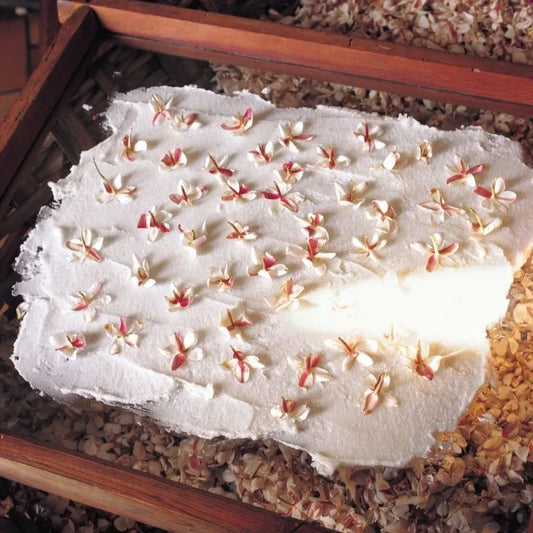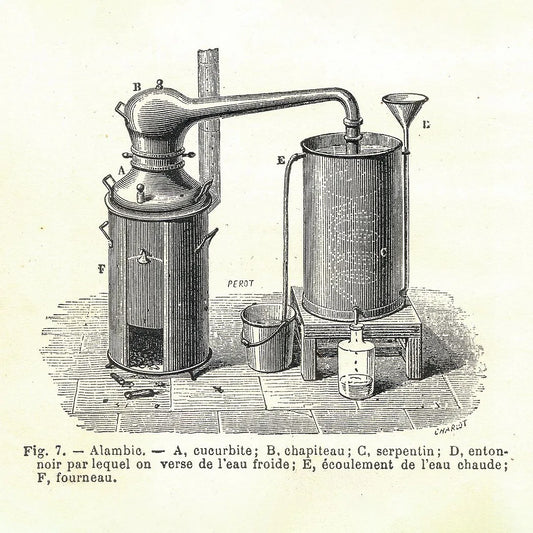What is “too much,” when there are no instructions to tell us? We have no advice from medical professionals about dosage, so we can only guess at the amount required to achieve the desired effect. This makes it fairly easy to misuse essential oils.
Consumers turn to books like this one, word of mouth, multilevel marketing (MLM) representatives, or online sources for information. It seems likely that eventually, essential oils will come to be under the jurisdiction of a government organization—most likely the U.S. Food and Drug Administration (FDA)—as their potential for treating illness and diseases becomes better understood. Once this happens, we will receive official guidance on dosages, safe amounts to use for specific issues, and other information that will reduce the fog that shrouds information about these oils.
Online sources provide information that consumers can interpret as they choose, take as gospel, or ignore entirely in favor of some other source. We all know that the internet provides as much misinformation as fact, and many sources of this misinformation have become highly skilled at making themselves look like medical professionals or authorities. The result: essential oil users take their practice into their own hands, selecting whatever information seems to make the most sense to them—whether it comes from true experts, quacks, dabblers, or boastful for-profit MLM companies.
Some essential oils companies push the notion that if a little is good, more must be better. This is not the case for oils—in fact, their concentrated potency makes it important to use them very sparingly. As a rule of thumb, you are using an essential oil too much if any of the following things happen:
- Vapor from essential oils hangs in the air in your home, office, or car, scenting the air long after you have turned off the diffuser. If you can still smell the essential oil days later, you used too much to begin with. (A good rule to follow: run the diffuser for 20 minutes, and then turn it off until the following day.)
- You or someone in your household develops breathing issues while using a diffuser with essential oil.
- Someone in your home develops a rash or hives after washing with soap that contains an essential oil or from wearing clothing washed in a detergent that contains one or more oils.
- You try to treat an illness with essential oils instead of seeing a doctor, and the patient’s condition does not improve or becomes worse.
- Anyone in your home takes an essential oil by mouth and has a reaction—stomach cramps, nausea, vomiting, and so forth.
- Anyone in your home develops seizures, hyperactivity, narcolepsy, rapid heartbeat, headaches, migraine, or asthma, whether or not these conditions can be traced back to use of essential oils.
- You or someone in your home experiences bodily changes caused by a hormonal imbalance: breast growth in boys, for example.
In extreme cases, a user will have a reaction to overuse that is so severe that it will have lasting effects for years. Once a consumer has an initial reaction to an essential oil, they will continue to have that reaction every time they come into contact with that oil.
Beware of MLM reps who tell you that a reddened area on your skin is a “detox” reaction rather than an allergic response or who insist that you should add a few drops of essential oil to your post-workout water bottle every day. These people are sales associates focused on selling as much product as they can rather than on your personal health and well-being. Instead of taking their word for the best ways to use an essential oil, do your own homework about the risks and benefits of any oil you would like to try. A licensed aromatherapist can help you choose the right oil for your specific goals—and they will have enough experience to know how much of each oil is the right amount and how much is too much. (Try to find an aromatherapist who does not actually sell essential oils as part of the practice. As with any salesperson, they will focus on the oils that will net the most profit if the money from the sale benefits them personally.)





